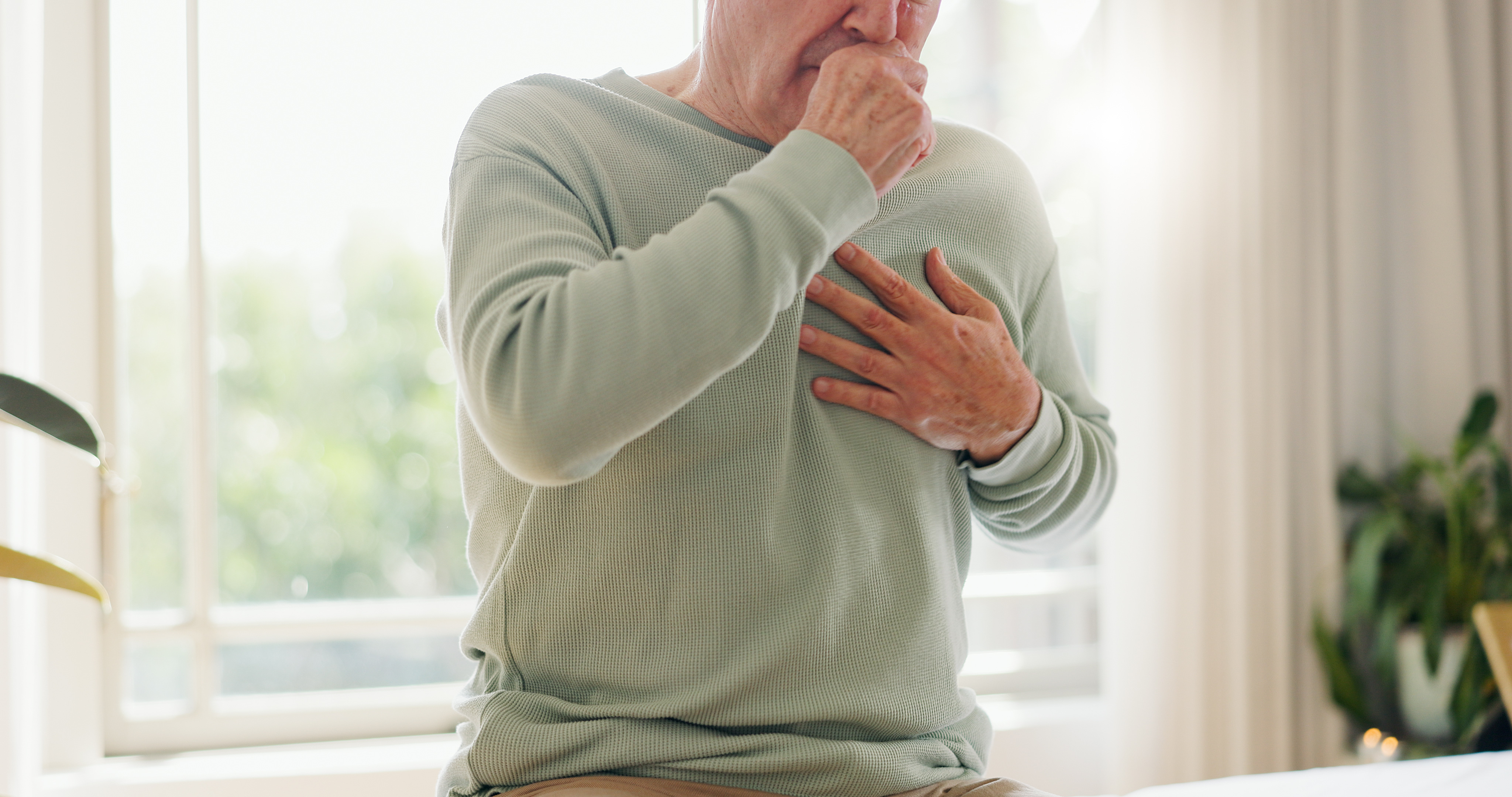COPD (Chronic Obstructive Pulmonary Disease) Treatment
We Manage COPD, We Are With You for Healthy Breathing!
Chronic Obstructive Pulmonary Disease (COPD) is a disease that causes narrowing of the airways and inflammation of the lungs, usually caused by long-term smoking and environmental factors. As the Lung and Chest Diseases Department, we offer personalized solutions to our patients in the treatment of COPD and try to prevent the progression of the disease. Our goal is to improve respiratory functions, reduce symptoms and increase the quality of life of patients.
What is COPD?
COPD is a disease that makes it difficult to take in oxygen as a result of narrowing of the airways of the lungs and damage to the alveoli. The main symptoms of COPD are:
- Chronic cough
- Shortness of breath (especially during physical activity)
- Wheezing
- Phlegm production
- Fatigue and weakness
As the disease progresses, symptoms become more pronounced and can significantly affect quality of life. If left untreated, COPD can lead to respiratory failure.
How is COPD Treated?
COPD treatment is tailored to the individual according to the severity of the disease, the patient's general health status and lifestyle. Treatment is shaped under the following main headings:
1. Drug Therapy:
- Bronchodilators (Airway opening drugs): These are drugs that widen the airways in COPD patients and make breathing easier. They come in long-acting and short-acting forms.
- Corticosteroids (Anti-inflammatory drugs): These are drugs that reduce inflammation in the lungs. They are used as inhalers and relieve COPD symptoms.
- Combination therapies: Medications obtained by combining bronchodilators and corticosteroids offer both treatment effects together and control the patient's symptoms more effectively.
- Phosphodiesterase-4 inhibitors: These drugs reduce inflammation in the lungs and improve symptoms.
2. Oxygen Therapy:
- In the advanced stages of COPD, oxygen levels may be low. Oxygen therapy is used to ensure that the patient's body receives sufficient oxygen. Oxygen devices are usually recommended for use at home.
3. Respiratory Rehabilitation:
- A healthy lifestyle is adopted with physical exercise programs and breathing techniques for COPD patients. This helps patients increase their respiratory capacity and relax while breathing.
4. Smoking Cessation:
- The most important trigger of COPD is smoking. Quitting smoking slows down the progression of the disease and makes the greatest contribution to treatment. Patients are supported in this process with smoking cessation programs, counseling and drug therapy.
5. Avoiding Allergens and Air Pollution:
- It is important for COPD patients to avoid air pollution, dust and other environmental factors. These factors can increase inflammation in the lungs and aggravate symptoms.
6. Surgical Intervention:
- In advanced stage COPD patients, surgical intervention may be recommended in some special cases. This may include methods such as lung volume reduction or lung transplantation.
Choose Us for COPD Treatment
As the Lung and Chest Diseases Department, we offer the best treatment options to our patients with our experienced and expert doctors in COPD treatment. Our goal is to prevent the progression of COPD, reduce symptoms and enable our patients to live a healthier life. Since each individual's response to treatment may be different, we prepare personalized treatment plans and monitor the effectiveness of the treatment with regular follow-ups.
Frequently Asked Questions
1. How long does COPD treatment last?
COPD treatment can last a lifetime. However, the progression of the disease can be slowed down with the right treatment and lifestyle changes. Regular checkups and compliance with treatment significantly improve the patient's quality of life.
2. Do COPD medications have side effects?
COPD medications are generally well tolerated, but some patients may experience side effects. If you are concerned about these side effects, you can talk to your doctor and get information about alternative treatment methods.










